Author: Maddie Sinclair Johnson
-
54.85% of state legislators are Republican, 44.22% Democratic

At the end of October 2024, 54.85% of all state legislators in the United States are Republican while 44.22% are Democratic. There are 7,386 state legislative seats in the country. Republicans control 56 chambers, while Democrats hold 41. Two chambers (Alaska House and Alaska Senate) were organized under multipartisan, power-sharing coalitions. Democrats hold 841 state…
-
54.98% of state legislators are Republican, 44.38% Democratic
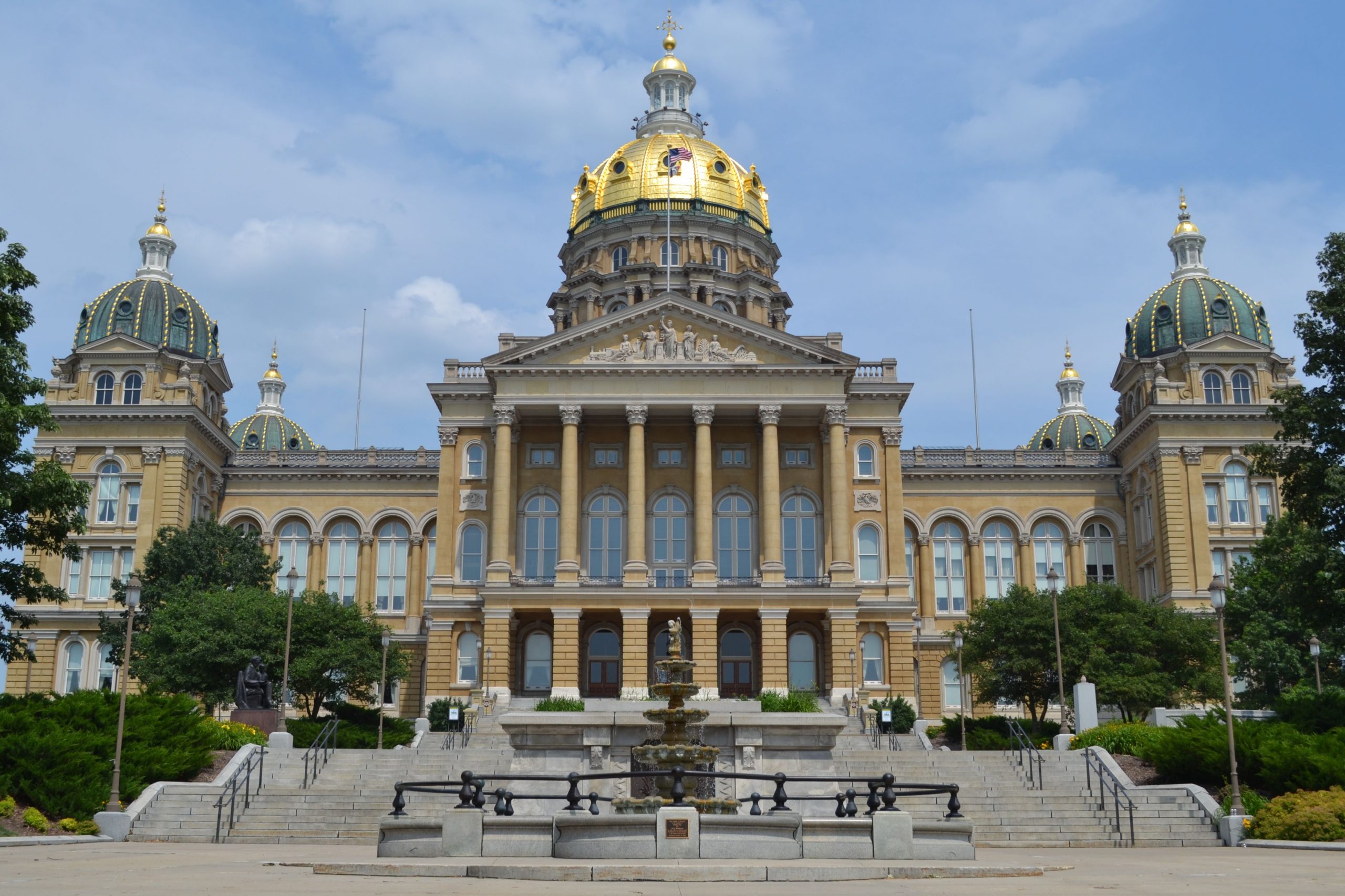
At the end of May 2024, 54.98% of all state legislators in the United States are Republican while 44.38% are Democratic. There are 7,386 state legislative seats in the country. Republicans control 56 chambers, while Democrats hold 41. Two chambers (Alaska House and Alaska Senate) were organized under multipartisan, power-sharing coalitions. Democrats hold 847 state…
-
54.96% of state legislators are Republican, 44.41% Democratic

At the end of April 2024, 54.96% of all state legislators in the United States are Republican while 44.41% are Democratic. There are 7,386 state legislative seats in the country. Republicans held a majority in 56 chambers, and Democrats held the majority in 39 chambers. Two chambers (Alaska House and Alaska Senate) were organized under…
-
54.94% of state legislatures are Republican, 44.35% Democratic

At the end of July 2023, 54.94% of all state legislatures in the United States are Republican while 44.35% are Democratic. There are 7,386 state legislative seats in the country. Democrats hold 853 state Senate seats and 2,423 state House seats, gaining two seats overall since last month. Republicans hold 1,110 state Senate seats and…
-
19.3% of all state legislative censures of legislators have occurred in 2023
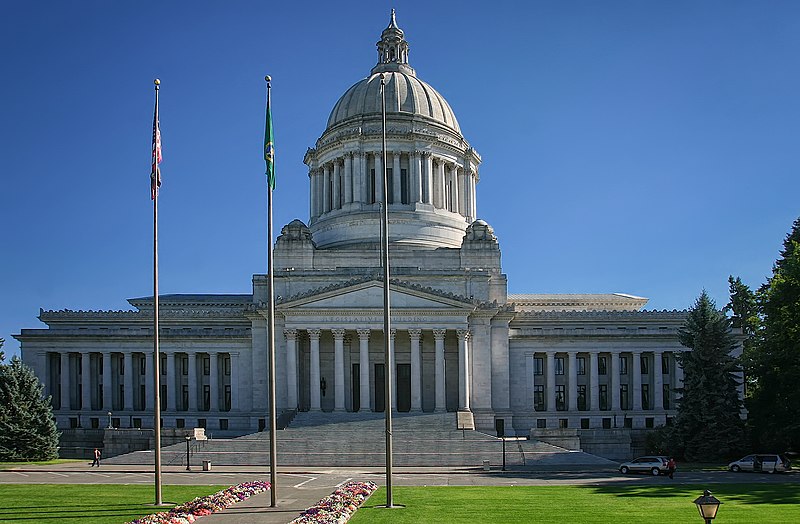
Six of the 31 cases tracked by Ballotpedia in which legislators were censured by state legislative chambers have occurred in 2023. This is the second highest number of legislators censured in one year since the first case in 1838 and accounts for 19.3% of all state legislative censures. The highest number of censures occurred in…
-
54.9% of state legislatures are Republican, 44.35% Democratic
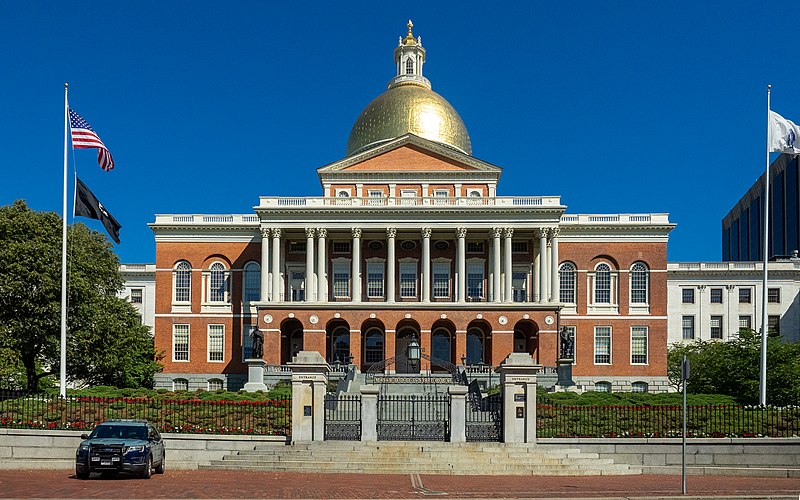
At the end of April 2023, 54.9% of all state legislatures in the United States are Republican while 44.35% are Democratic. There are 7,386 state legislative seats in the country. Democrats hold 855 state Senate seats and 2,421 state House seats, losing seven chamber seats since last month. Republicans hold 1,111 state Senate seats and…
-
54.85% of state legislature seats are Republican, 44.45% Democratic
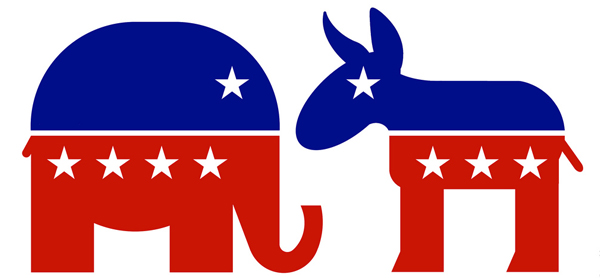
At the end of January 2023, 54.85% of all state legislature seats in the United States are Republican while 44.45% seats are Democratic. There are 7,386 state legislative seats in the country. Democrats hold 854 state Senate seats and 2,429 state House seats, gaining six Senate seats and gaining 31 House seats since last month.…
-
Abigail Spanberger and Yesli Vega are running for Virginia’s 7th Congressional District on Nov. 8
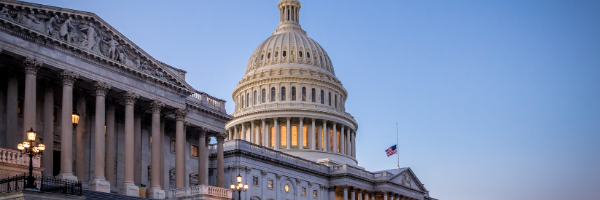
Incumbent Abigail Spanberger (D) and Yesli Vega (R) are running in the general election for Virginia’s 7th Congressional District on November 8, 2022. Spanberger was first elected in 2018, defeating then-incumbent David Brat (R) 50.3% to 48.4%. Before that election, a Republican had represented the 7th District since 1971. According to various estimates, the district…
-
54.07% of state legislatures are Republican, 44.33% Democratic in August 2022

At the end of August 2022, 54.07% of all state legislators in the United States are Republicans while 44.33% are Democrats. There are 7,383 state legislative seats in the country. Republicans control 62 chambers, while Democrats hold 36. The Alaska House of Representatives is the only chamber organized under a multipartisan, power-sharing coalition. Democrats hold…
-
Gov. Mike Parson calls an extraordinary session

Governor Mike Parson (R) announced an extraordinary session on August 22, 2022 which will focus on an income tax cut and agricultural tax incentives proposal. This extraordinary session is set to begin on September 6 and the annual veto session begins on September 14. During the regular 2022 session, Parson vetoed a tax cut and…

